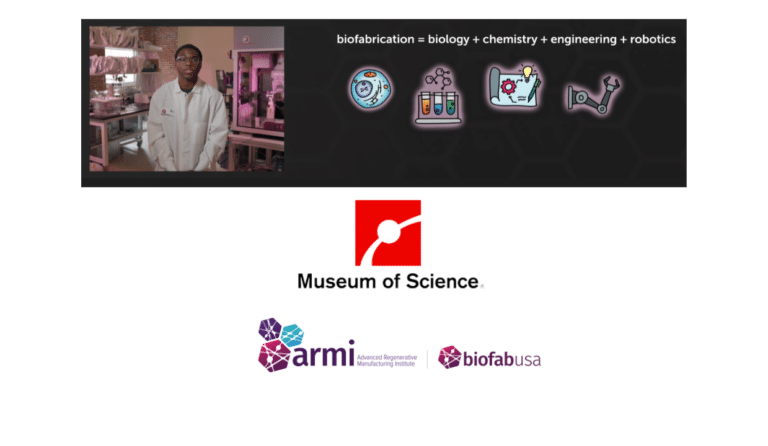Amid the coronavirus disease (COVID-19) crisis, BioFabConsulting would like to highlight the importance of adhering to the regulations to maintain patient safety. The FDA’s mission is to protect and promote public health by helping safe and effective products reach the market, and the regulations are in place to uphold that mission.
A public health emergency (PHE), such as the COVID-19 pandemic, drives industry to find solutions to help combat the crisis and mitigate the effects of the pandemic. The urgency for new solutions can be beneficial to push the bounds of current technology to uncover a helpful treatment. However, such urgency to deliver potentially helpful products to sick patients as quickly as possible may lead to misbranding or adulteration, and deviation from the regulations, which promote sufficient testing and data collection to support a product’s safe and effective use.
In the past weeks, the FDA has warned several companies for marketing unproven products to treat, prevent or diagnose coronavirus disease (COVID-19), leading to misbranded and/or adulterated products. If false, unproven claims are made on a product’s label, marketing material, including internet websites and advertisements, or if the label is misleading, the product is misbranded. Further, a product may be deemed adulterated if it is marketed without appropriate authorization (i.e., a marketing application). During a PHE, adulteration occurs if a product does not fall within the scope of the Emergency Use Authorization (EUA). In the current PHE, if the product is not in high demand due to shortages or deemed to have a potential benefit to treat, diagnose, or prevent COVID-19, then it must be brought to market via traditional regulatory pathways.
The type of enforcement activity taken by the FDA against an adulterated or misbranded product depends on the nature of the violation. The range of enforcement activities include:
-
Untitled Letters – sent to the offender as an opportunity to take voluntary and prompt action to correct the violation before the FDA initiates an enforcement action
-
Warning Letters – sent to the offender to highlight noted violations and request a written response as to the steps which will be taken to correct the violation
-
Seizure – an action to remove an adulterated or misbranded the FDA-regulated product from the market
Following any of the three administrative actions above, the FDA can bring the violator to Federal Court, usually on civil charges that result in an injunction and/or fine. Occasionally, the FDA will pursue criminal prosecutions.
The FDA has several accelerated pathways available as initiative for product development during the COVID-19 PHE. The Coronavirus Treatment Acceleration Program (CTAP) available to relevant drug and biologic products regulated in CDER or CBER allows expedited FDA input on development plans, including study protocol review generally within 24 hours and review of single-patient expanded access requests generally within three hours. For medical devices, CDRH has provided helpful information regarding product development to address supply shortages. An email address has been created specifically for device manufacturers looking to assist the national effort to combat COVID-19: COVIDManufacturing@fda.hhs.gov. Emergency Use Authorizations (EUAs) also provide potentially helpful products with a rapid route to the clinic.
To expedite the distribution of certain medical products in great demand as result of a PHE, the FDA may issue an EUA. The FDA reviews EUA requests rapidly, resulting in a final decision often within a few days to a couple weeks, depending on the complexity and maturity of the product. This pathway allows unapproved medical products or unapproved uses of approved medical products to be used in an emergency to protect, diagnose, or treat patients, and facilitates the temporary availability of products:
-
Addressed within the scope of the EUA from the FDA
-
For indications where no alternatives exist
-
With potential benefits that outweigh the potential risks
-
That may be effective to prevent, treat, or diagnose a disease or condition described in the PHE declaration
The “may be effective” standard for EUAs requires a lower level of evidence than the “demonstrated effectiveness” standard for marketing application approvals. When the PHE declaration is terminated, any EUAs issued during that crisis will no longer remain in effect. The sponsor may then choose to seek marketing authorization via traditional regulatory approval pathways.
It is important to remember that although an EUA may allow for the use of unapproved medical products or unapproved uses of a product during a PHE, a formal EUA request to the FDA, often including some level of data, is still required to support the claim that the medical product may be effective and that the potential benefits outweigh the potential risks. Organizations who believe they have a product within the scope of one of the three COVID-19-specific EUAs (i.e., ventilators, personal protective equipment, and in vitro diagnostic devices) should cooperate and communicate openly with the FDA to ensure that false product claims and unintentional deviation from the regulations do not occur.
ARMI|BioFabConsulting (BioFabConsulting@www.armiusa.org) is available to help manufacturers navigate the EUA process, write EUA submissions, and ensure the proper regulatory pathway is selected and maintained. BioFabConsulting has also created templates for the EUA Cover Letter and EUA Request, and can be downloaded from the ARMI COVID-19 Questions & Answers webpage.






